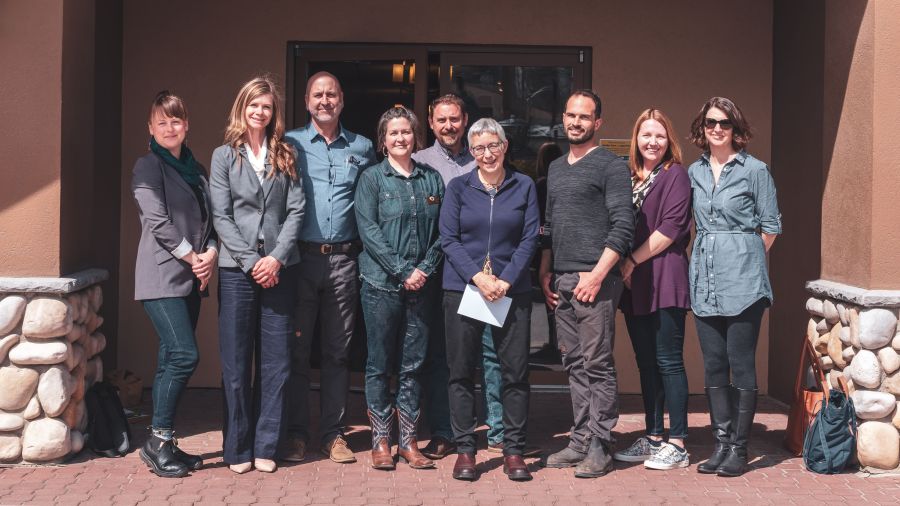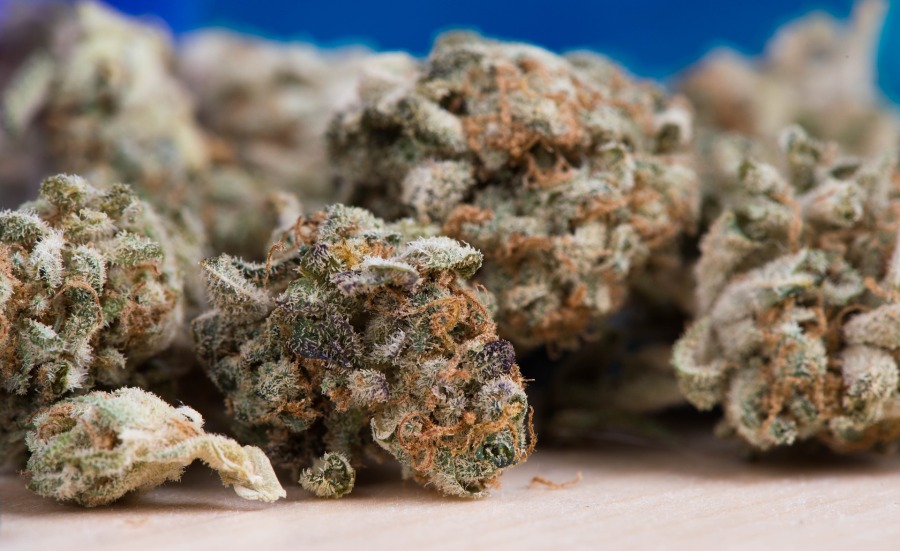For those following my progress, I passed my Qualifying Examination (QE) last week in Guelph, Ontario.
I moved from a PhD student to a PhD candidate and now the real work begins.
The QE process required over eight months of researching, writing and describing foundational theories on which my project is based. These two theoretical bodies surround transitioning economies (focusing on those in rural B.C.) and stakeholder participation (again with a B.C. flavour). I then presented key tenets of these literatures in a 30 minute presentation to an examination committee of four people and a small group from the public. Following my presentation, was a couple of hours of questioning – a process intended to elicit conversation and uncover deeper meaning, as well as any potential holes or oversight on the candidate’s part.
So, let me know if you have not already, if you would like to be interviewed, or involved in this timely, rurally based B.C. project. For those who have reached out already, thank you and expect to hear from me shortly.
Thank you for your support!! 🙏🏽

